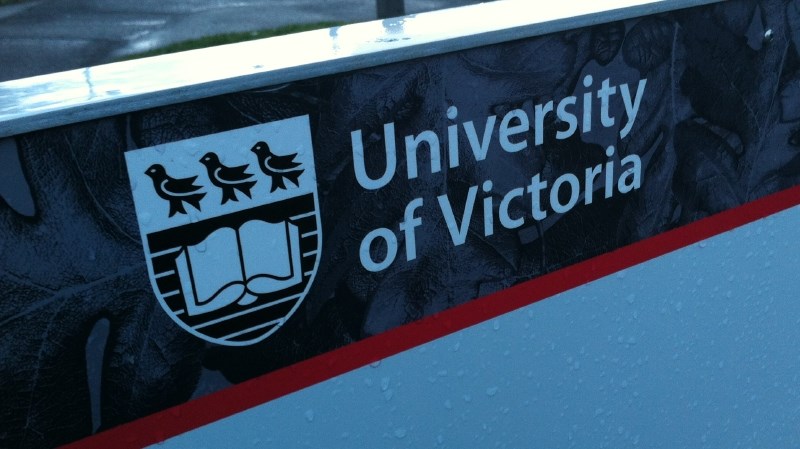Thirty-two teachers with the University of Victoria’s English Language Centre have been laid off as COVID-19 travel restrictions reduce the number of international students studying here. Many B.C. language schools are struggling to stay afloat after the global pandemic forced foreign students to return home with no date for the reopening of international borders.
“[Teachers are] taking it pretty hard,” said Greg Melnechuk, a teacher at the English Language Centre and president of University of Victoria Educational Workers’ Union, the union representing teaching assistants, sessional lecturers, second language instructors, residence life workers and cultural assistants. “They understand the reality that the international students have disappeared.”
Another 20 part-time instructors have been off work since April, a few weeks after UVic suspended all on-campus classes on March 11.
Melnechuk has been a teacher with the centre for 20 years and he’s never seen a crisis like this which forced so many layoffs.
“We’ve never really seen true layoffs, even during the SARS [outbreak],” he said.
Jo-Anne Clarke, dean of the division of continuing studies, said in a statement that international students who take short or long-term programs either as individuals, and often in groups, have not been able to study on campus since March.
“This meant we reluctantly have to temporarily lay off 32 continuing English as an Additional Language (EAL) teachers until our student numbers on campus increase,” Clarke said. “We realize these are difficult times for our instructors, many of whom are long-time employees.”
Language teachers have developed new online courses and they will be hired back as students register for those courses, Clarke said.
Melnechuk said teachers are “cautiously optimistic” that they might be re-hired to teach online this fall or next year, depending on enrollment.
“People are filled with a bit of uncertainty right now,” he said.
Established in 1970, the English Language Centre is one of the oldest language schools in Canada. It serves about 3,500 students a year, who travel from abroad to take language courses ranging from between one and three months. Some students take the language courses as a precursor to applying for a degree program at UVic.
February and March are popular months for the language school because that’s when Japanese and Korean students have their school breaks, Melnechuk said. When many of those students cancelled and as the scope of the global pandemic became clear, Melnechuk said he knew the school was in trouble.
The centre is the largest program offering, and greatest revenue generator, in UVic’s continuing studies division, which offers non-degree courses in topics such as professional development, philosophy or economics.
“The industry as a whole, language schools and international education, has been impacted of course because it depends on students being able to travel,” said Thaddeus Monckton, executive director of language school Inlingua Victoria. After shutting down in-person classes March 16, Monckton had to lay off about a dozen teachers and eight support staff. The language school has developed online classes but as a free service for students.
The company has been able to stay afloat due to low overhead, little debt and the federal government’s commercial rent program, Monckton said.
“It’s basically survival mode,” he said. “We’re going to hold tight and weather the storm and basically rebuild once everything opens up in terms of international borders and flights.”
Other than the English Language Centre, UVic is not planning any temporary layoffs in any administrative, academic or support operating unit at this time, said Kane Kilbey, associate vice-president of human resources.
The university recently negotiated temporary workforce adjustment agreements with staff unions which gives flexibility to redeploy staff and avoid temporary layoffs, Kilbey said.



